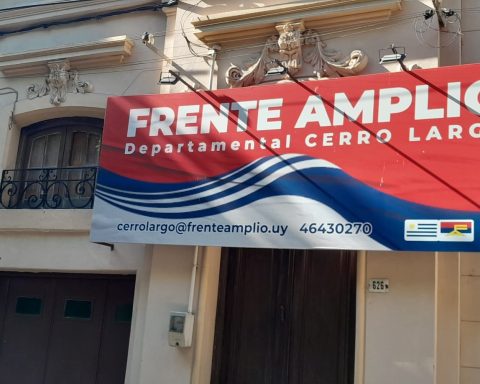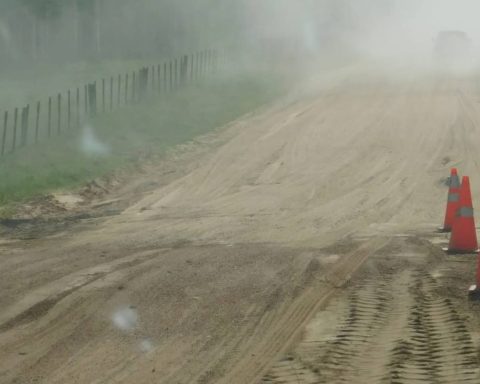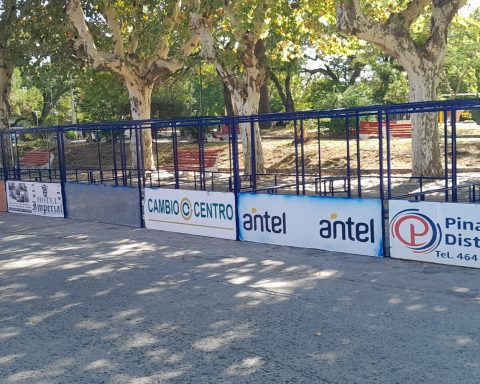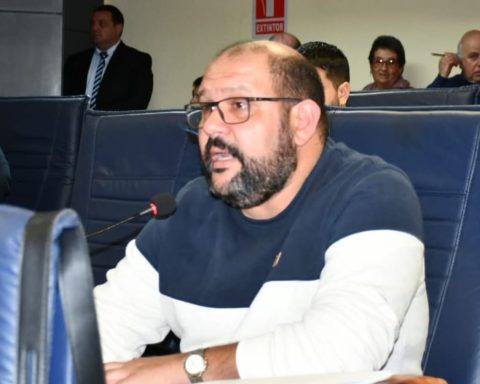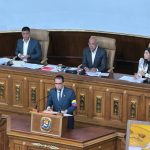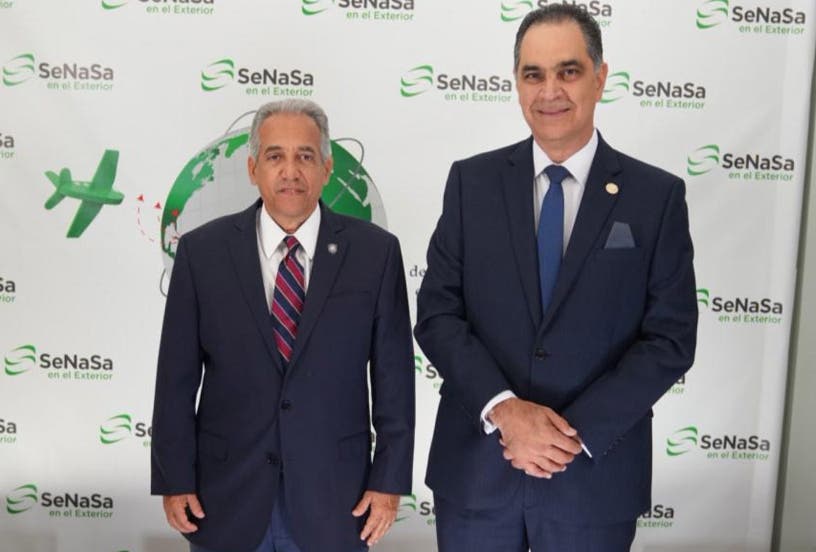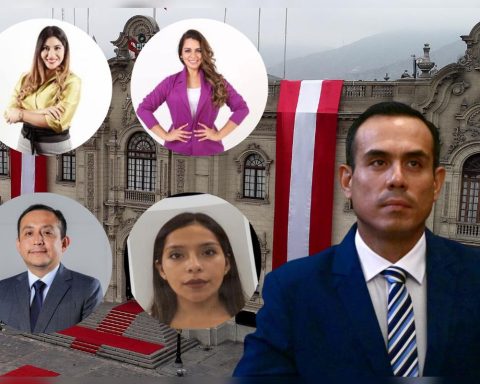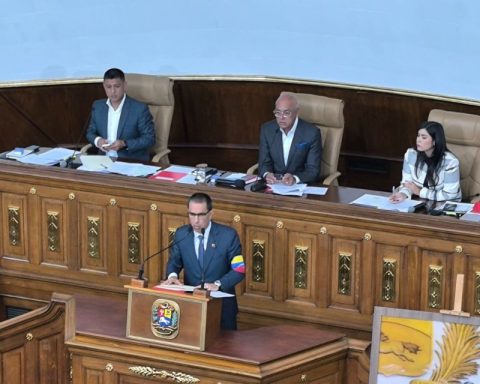In mid-2021, and in a context of progressive recovery of the economy, the government presented new negotiating guidelines, which among other things, brought forward for that year the start of salary recovery. That was originally intended for the 2022 start, based on what had been signed before.
A few months later, the war in the Ukraine altered the scenario again. After strong inflationary pressures in the world and at the local level, the government urged companies and unions to evaluate the possibility of advancing the payment of the corrections for inflation in those cases that had it planned only for mid-2023.
“If you want, it was even a proposal, excuse me for the term, more pornographic. You have signed agreements and followed my guideline (by the Executive Power), but I urge you to review it,” said the specialist in Labor Law, Fernández Pérez Tabó, who acted as moderator in the discussion on inflation, wages and adjustments on Tuesday. organized by the Cristina Association of Business Leaders (ACDE).
During the forum, the National Director of Labor, Federico Daverede, said that although inflation in Uruguay was above the official projections of the Ministry of Economy and the Central Bank, unlike other parts of the world, it did not have “a abrupt jump.
The official call to advance the payment of corrections left as a result that 52% of the convened tables agreed to do so and through different formulas.
“What was sought is that the purchasing power of the people would not be so diminished,” argued Daverede.
In this sense, the president of Fuecys, Fabio Riverón, affirmed that “caught attention” the case of companies in which advance payment was rejected, especially due to the “broadness” of the proposal.
“It was a situation extremely open to the possibilities that the negotiation gave. Beyond the elements of pressure, I think what we lacked at those tables is that sometimes we talk a lot and do little”, he admitted.
Riverón pointed out that in these cases they end up overloading small and medium-sized companies that are going to end up paying “a much higher number” when they have to give the final corrective in 2023. “It lacked maturity to evaluate and we ended up tied to more political positions than the true scenario we were analyzing”he acknowledged.
Employment, inflation and deindexation
Daverede commented that every time the government defined salary guidelines, the analysis of the employment situation was “extremely important”. As an example, he said that the corrective proposal tied to the evolution of contributors —which included the official guideline for the ninth round— “demonstrates the government’s concern”.
“Many times when the guidelines go out of range or we face a crisis, the adjustment formulas for companies end up being two: either they send people to unemployment insurance or they end up with layoffs. That is what the government wanted to avoid in the bridging period and in the ninth round”, he insisted.
Elsewhere in his presentation, Daverede noted that while “If you have” inflation of 7%, 8% or 9%, deindexation “is very difficult to do. I put myself in the place of the workers. With this inflation I want to put a correction because if it goes beyond what was projected by the government, I want them to correct me so as not to have a loss”, considered the Director of Labor.
“For the welfare of the people, the best thing that can happen to the country is to have inflation at 1%, 2% or 3%. That is the nerve point of all this. Salaried, people are going to see much more benefits. Now, we must be able to get out of that vicious circle that we are in, which is salary-indexation, salary-indexation. It is also true that controlling inflation in these years becomes complex due to situations outside the country, that are difficult to master,” said Daverede.
problems to import
The manager of Human Management of Ta-Ta supermarkets, Enrique Herrera, stated that Uruguay is experiencing a difficult competitive situation, especially with Argentina. That is demonstrated every day when inhabitants of the country’s coast cross to border cities to do their shopping.
In this sense, the executive affirmed that today “there is an opportunity to make regulations more flexible” and allow free importation. That thinking of lowering prices, inflation and generating quality work.
“Today there is a difficult dynamic for imports due to the monopoly that distributors have here. Why does deodorant cost three times more in Uruguay than in Argentina? Because here you can compare it to only one. That drives the price,” Herrera said.
On the other hand, the executive highlighted the importance that the capacity for dialogue and good relations in labor relations be maintained over time and “not only when the situation burns”. “It’s not win or lose, or one side against the other. That is a dynamic that is already worn out. (…) The client when he enters a place to buy and sees a tense and conflictive climate; that affects the employee and customer experience,” he said by way of example.
